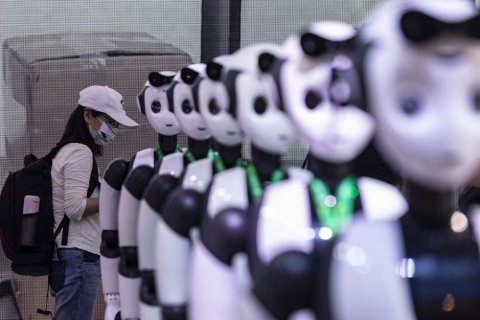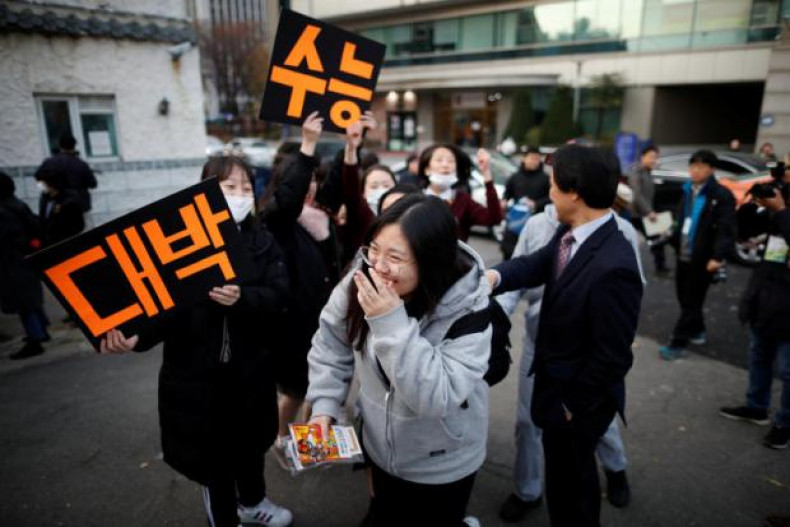Showing 1 - 5 of 5
AI as Asia's new growth engine?
Oped, Lee Jong-wha, Published on 27/11/2025
» Two decades after globalisation fuelled a global economic boom, growth has shifted onto a more subdued path, where it is likely to remain for the foreseeable future. Beyond the immediate shock of fragmenting trade and investment ties -- a result of rising geopolitical tensions, particularly between the United States and China -- lie structural headwinds, including population ageing, stagnant productivity, and the growing costs of inequality and natural disaster. These challenges strike at the heart of Asia's growth model.
South Korea is facing a triple challenge
Oped, Lee Jong-wha, Published on 30/05/2025
» Few countries have transformed themselves as dramatically as South Korea has over the last half-century. A poor, authoritarian country with annual per capita income of less than US$400 (13,000 baht) has become a vibrant and prosperous democracy, with direct presidential elections, peaceful transfers of power, and a per capita income of more than $33,000.
Human capital development lessons from East Asia
Asia focus, Lee Jong-wha, Published on 18/02/2019
» Nelson Mandela once said, "Education is the most powerful weapon which you can use to change the world." Education does not just enable individuals to improve their lot in life; it enriches an economy's human capital, which is vital to prosperity and social progress.
Education in the age of automation
Asia focus, Lee Jong-wha, Published on 24/09/2018
» As digital technologies and automation have advanced, fears about workers' futures have increased. But the end result does not have to be negative. The key is education.
How Asia can tackle US trade wars
News, Lee Jong-wha, Published on 02/04/2018
» Over the past five decades or so, Asia's economies have relied largely on an export-oriented development model to support rapid economic transformation and growth. But with US President Donald Trump fulfilling his promise to adopt a more protectionist approach to trade -- an effort that could spur retaliatory measures by other countries -- that model is coming under increasing strain.





